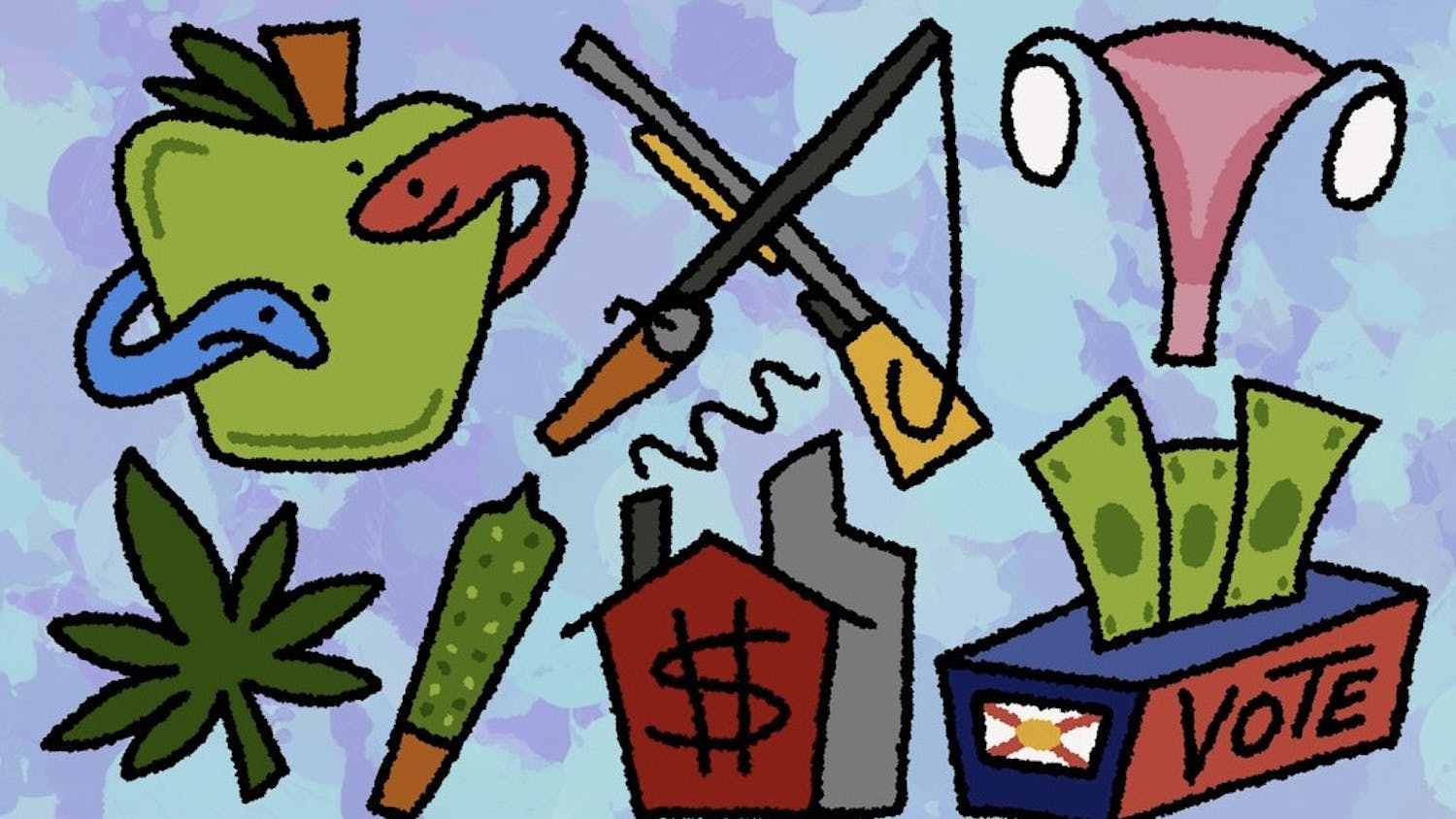We readily scorn humanitarian crises in hindsight, but we have a selfish habit of ignoring those that persist in the present. Like the ostrich that buries its head, we feign that all is well even if we don't see it.
When these crises become clear, we are quick to pass judgment on those involved while remaining indifferent to their circumstances. It takes compassion to view these situations through the eyes of the individuals who are most affected and who are often held accountable.
The state of Somalia is just one of today's crises that is rarely publicized from the perspective of those within.
On Dec. 25, SEAL Team 6 parachuted into a Somali village, stormed a compound, rescued two hostages and left nine pirates dead. But while we celebrate our victory and denigrate the Somalis, the strife and struggle from which these people derive is forgotten.
Since a civil war erupted in 1991, Somalia has had no centralized control over most of its territory. Numerous "transitional" governments have seized power and been ousted, while citizens flail and famish like infants without parents.
Civil war and defective governments have meant no security for Somalia's citizens. Domestically disorganized and internationally unrecognized, Somalia has no hands for development and no mouth for diplomacy.
Without a navy to guard its waters or allies to uphold international law, foreign trawlers harvest the limited fish reserves off the Somali coast. Starving Somalis watch as toxic waste washes onto their shores, illegally dumped by European firms exploiting the crippled country. All the while, they endure the worst drought in 60 years. Ten million people are threatened by famine and 29,000 children have died within three months.
Somali fishermen can't compete with the foreign ships offshore. Reasonable work is unavailable throughout most of the country. In an effort to feed their families and themselves, many seek less credible "employment" as militiamen and pirates.
Like brokers on Wall Street, these fishermen gravitate toward the highly concentrated wealth within their society. In both cases, this wealth is held by a few men at the top who pay high wages for risky work from desperate people. The difference is that Somali fishermen are fighting to feed their families while brokers are betting on Ferraris.
I am not suggesting amnesty for murderers, and I recognize the dilemma of providing aid to Somalis — too often this aid finds the hands of warlords — but it is no less important to shed our apathy, to openly and actively acknowledge the crisis.
I'm not inciting a military campaign. Until Somalia's unrest is quieted from within, we cannot expect peace and diplomacy from without. But fire is not fought with fire; Black Hawks and blame are loose bandages on festering wounds.
Viewing the issue through the eyes of the famished and forlorn lets us better understand the causes and consequences of the crisis. We must take it upon ourselves to empathize and to realize that they are as much a product of their environment as we are of ours. In our global society, we cannot afford this indifference; we must develop a global consciousness.
And while there are wounds within our own country, we seem apathetic to them as well.
President Obama appoints a Citigroup Inc. CEO to chief of staff and says the state of our union is "getting stronger." Children starve in America and Gingrich wants to colonize the moon. Our bank accounts go untouched and our time un-volunteered. In our own country and abroad, little support is rallied in defense of human lives — but dare they touch our Internet, and at last we raise our voices.
Dyllan Furness is a philosophy and English junior at UF. His column appears on Tuesdays.





